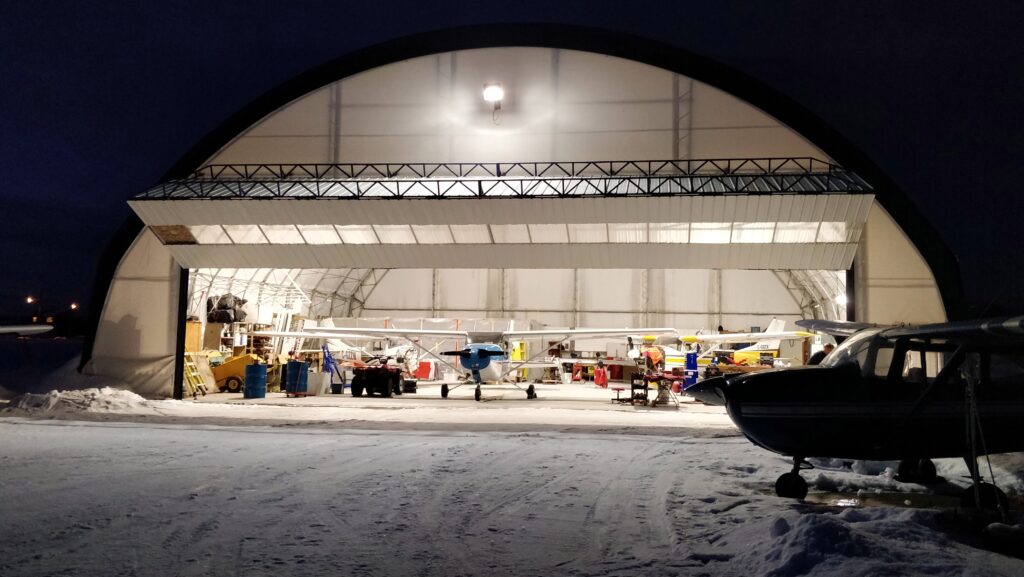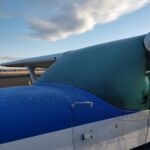
Recently I sign out one of my student, let’s call him G, to go on a flight. He is currently working towards his Commercial Pilot license and has already done his 300NM cross country flight.
G has done quite a number of flights with his family and friends to build hours. That day was no different. His plan was to fly, with his daughter, to another airport for lunch, before flying back. For previous flights, when he returns, I will talk to him about the flight and bill him for his hours. This time, however, he did not come back.
Conditions That Day
We had a cold spell the day he flew. The temperature was reasonably warm at 0°C just a day before, but plummeted to -17°C on that fateful day. Although the temperatures felt low, weren’t low enough that we had to stop our operations. On that same day, I myself was flying with another student.
What Happened Before The Flight?
During his walkaround, I asked the usual question like “how’s the fuel and oil?”, looked at the wings and make sure there weren’t any icing issues and I then prompted him to file a flight plan and to contact the weather briefer for a weather briefing. After all the pre-flight preparations, I gave him a quart of engine oil just in case he needs it on his way back, helped him push the airplane into position, and off they went.
They Arrived At The Destination, But…
I received a text from him that he had reached his destination. Looking at the time, he had plenty of time to fly back in time to pass me the aircraft for my next flight lesson.
Shortly after, when I saw his name pop up on my phone, I knew immediately that something was wrong.
Loss Power
He told me he aborted 2 take-offs. Both due to the engine losing power. The first time he was still rolling and had to abort because the engine lost power. The second time, he was about 50 feet off the ground and had to settle back on the runway due to losing thrust. After those 2 attempts, he called me because he couldn’t get hold of our Chief Flight Instructor.
I asked him a bunch of questions regarding carburetor heat, mixture and fuel selector. He said everything was in the correct position and he also checked for carb icing. Then I mentioned “Is your primer locked?”. He then confided to me he only noticed the primer was loose after the second attempted take-off.
Flooded Engine or Something Else?
After hearing the primer wasn’t locked, I suspected it was a flooded engine. I suggested to start the engine without priming, do a run-up and run the engine at full power for a couple of minutes on the ground to check if there are any signs of power loss. I told him there is a chance of engine fire during start up and told him to familiarize himself with the emergency procedures before attempting an engine start.
However, the problem still persisted.
The only other explanation was that there could be contaminants like ice crystals in the fuel system. Normally, we would take a fuel sample from various parts of the airplane as part of our pre-flight preparations to check for contaminants.
As the flight from our airport was smooth, my student might have let his guard down when he did a walkaround at the other airport.
He Decided to Call It a Day
After getting our maintenance engineer on the line with him and giving him advice on what to do to rectify the issue, he decided to call it a day. Which I would agree is the best decision in that situation.
The following day, our maintenance engineer and chief flight instructor went over to retrieve the aircraft. Curiously, there was no issue whatsoever.
Could I Have Prevented This?
Should I have warned him about the potential dangers of leaving the primer unlocked? Or potential ice crystals in the fuel? Or any other danger? I would have imagined that he already knew these potential dangers as we have covered in our previous lessons. After all, he already has a Private Pilot Licence and plenty of hours flying in various conditions.
When students reach a certain level, I trust them to do their own preparations. At the end of the day, they need to be independent because that is the whole point of flight training. No matter how much I teach, when they are the Pilot-In-Command for their flight, they has to take total responsibility for their flight and I will not be there for them.
Did I fail As An Instructor?
Did I fail as an instructor? I don’t know. What do you think? I did all I could and tried to make his flight as safe as possible. I guess I can make it even safer by not letting him fly so nothing can happen. Which defeats the purpose of flying.
Fortunately, he did come back alive. I guess that’s what matters most.
Be sure to check out my other blog post here and follow me on Facebook and/or Instagram! Feel free to leave you thoughts in the comment section below.




